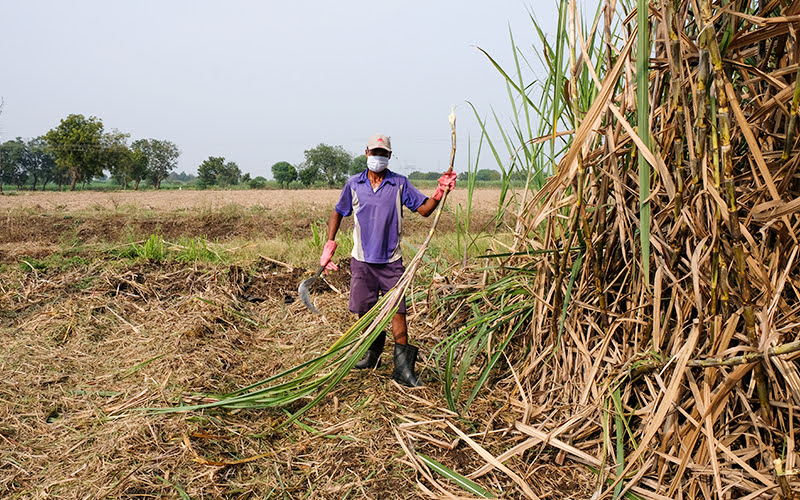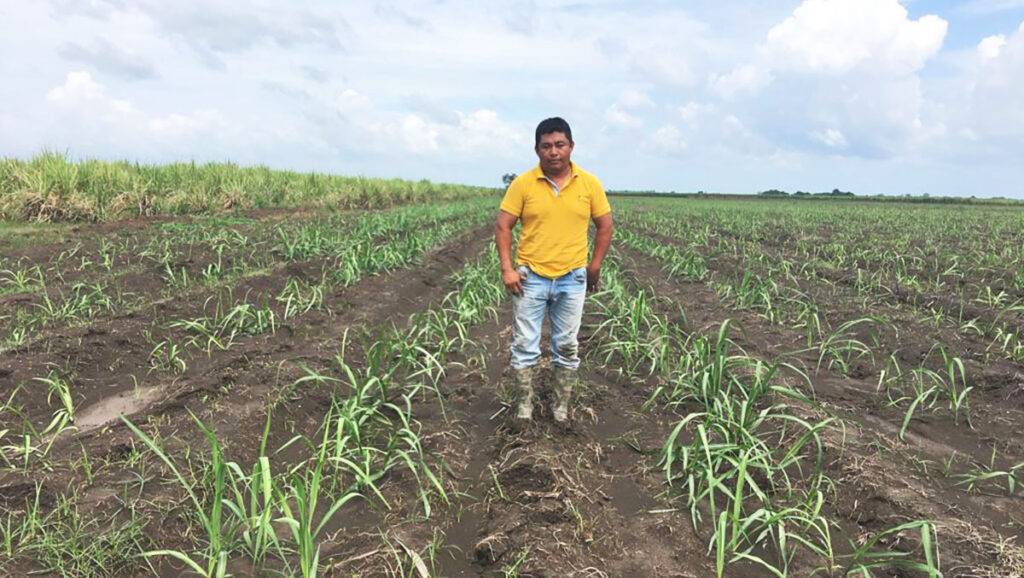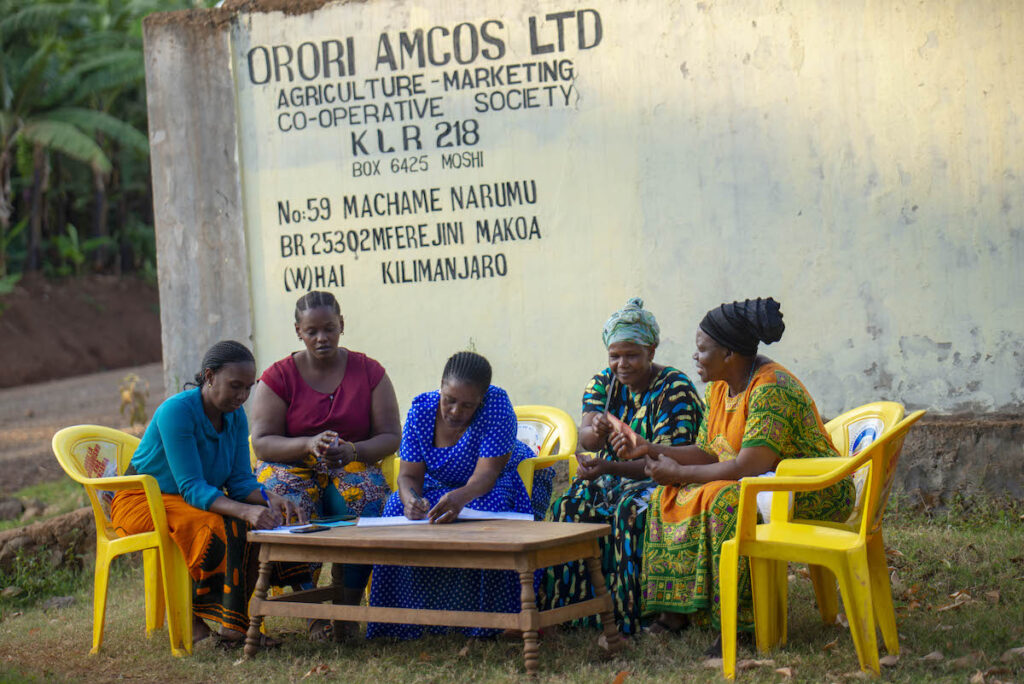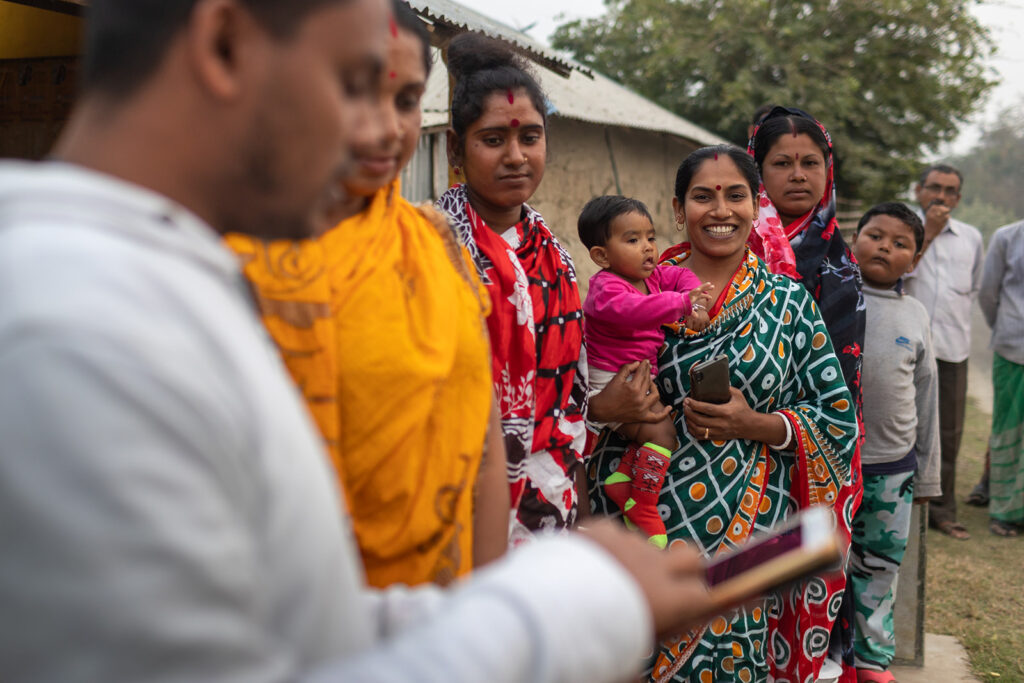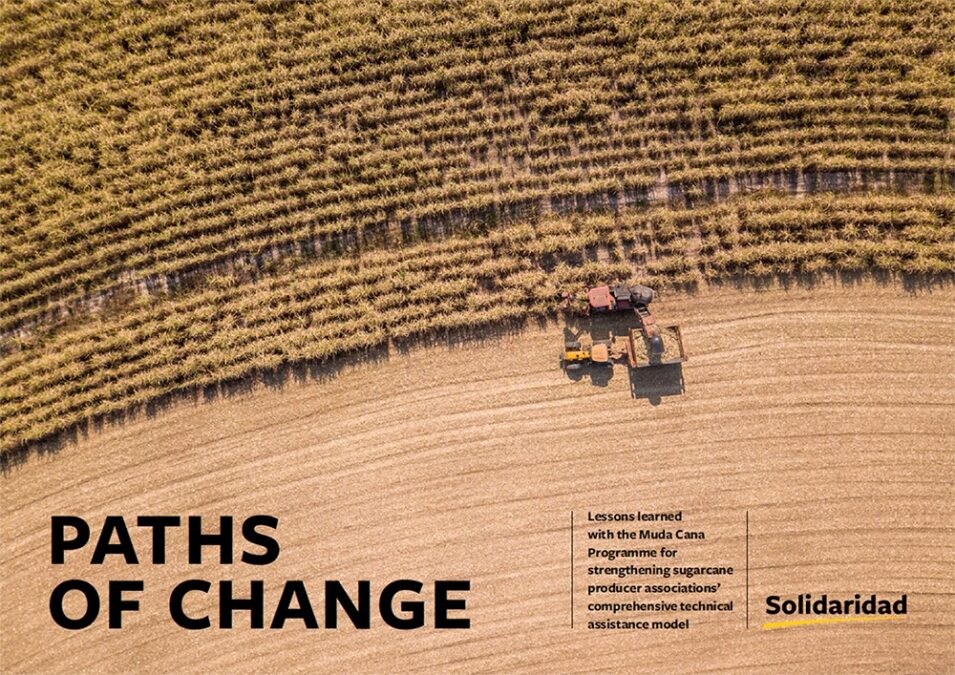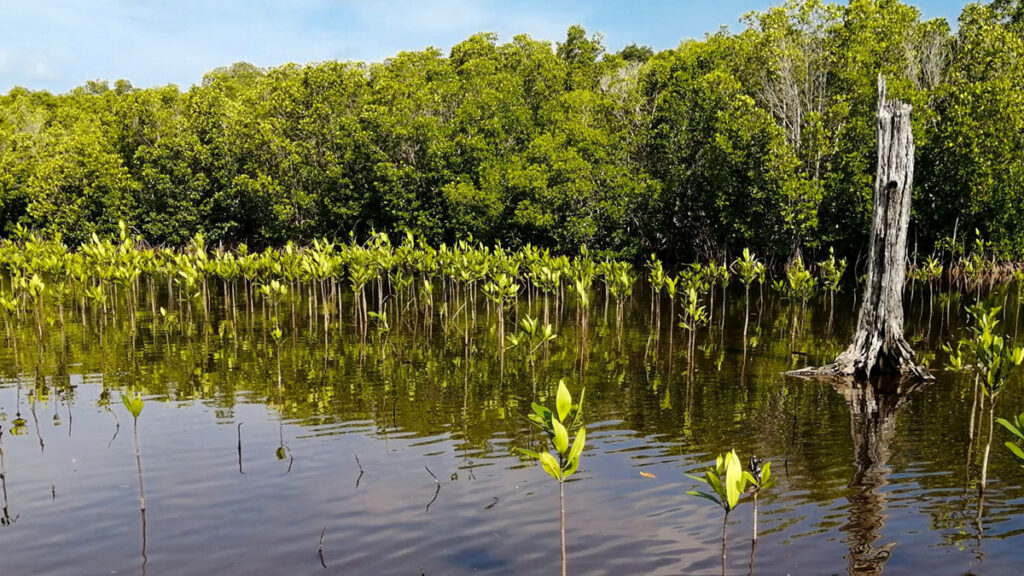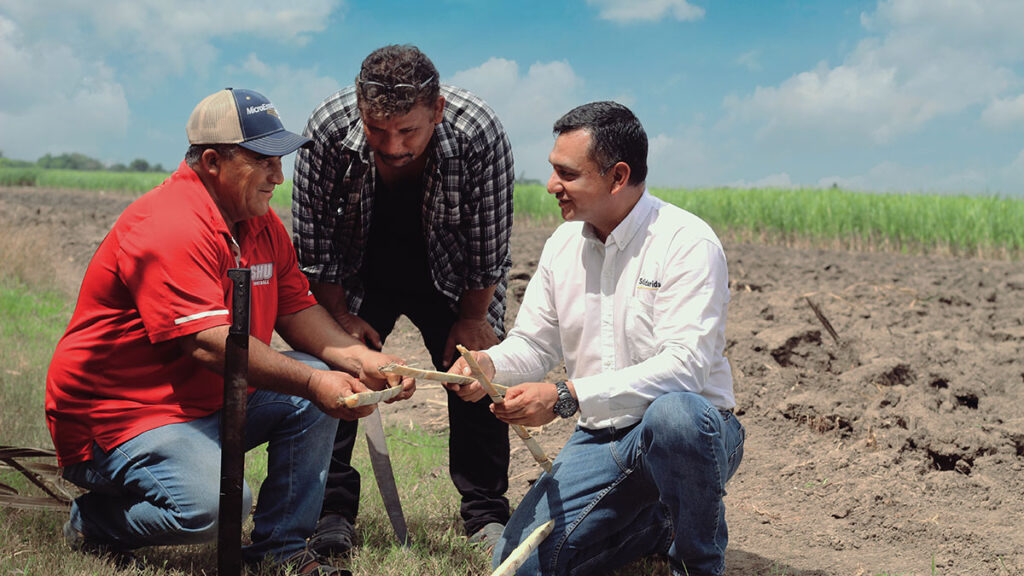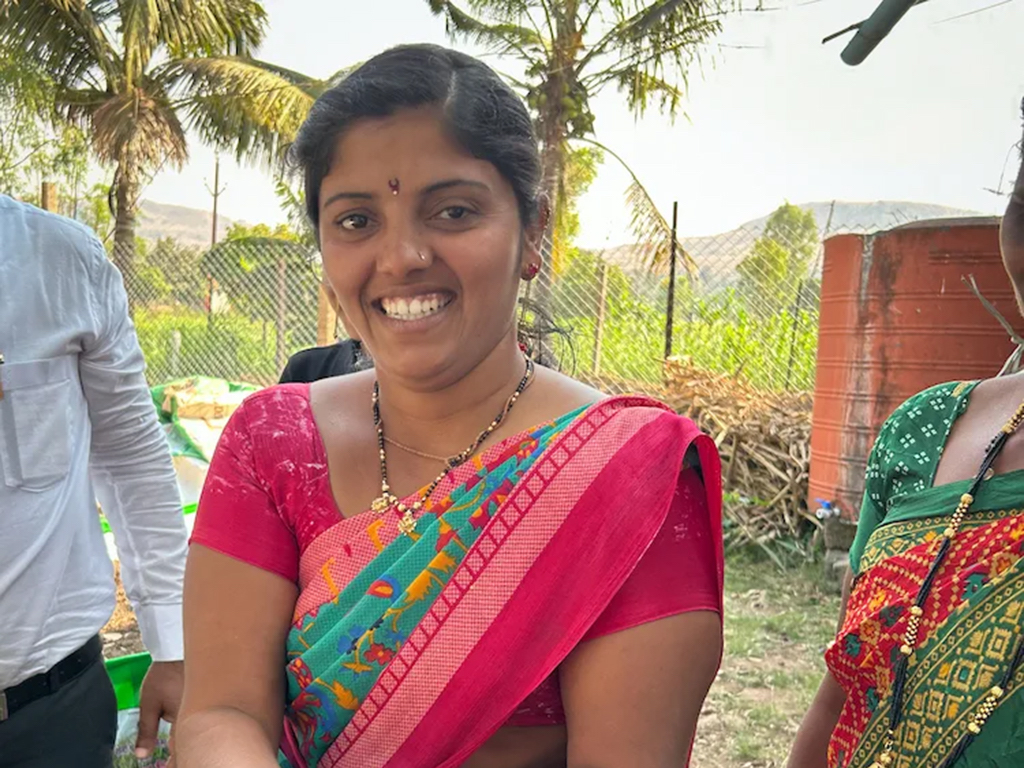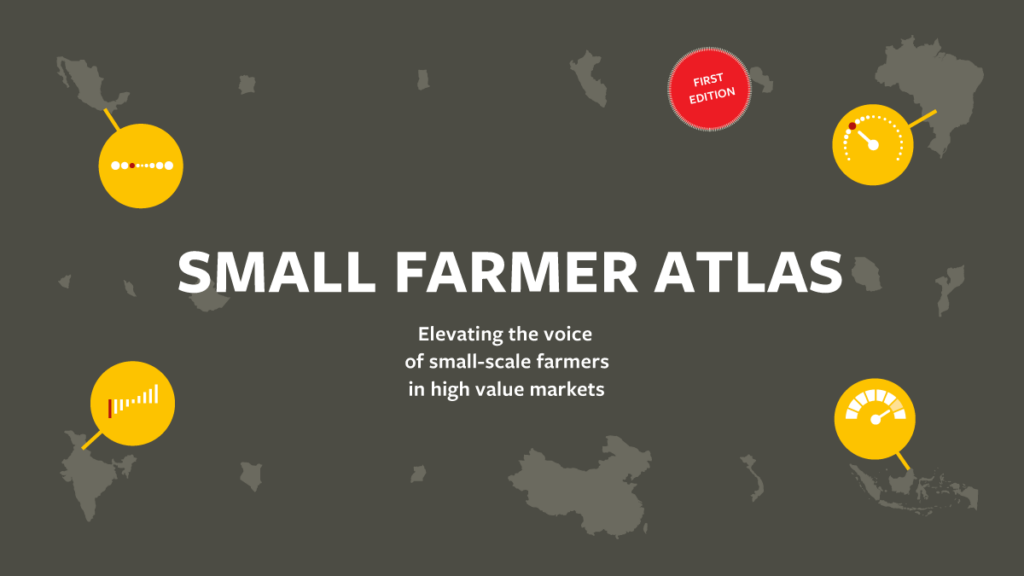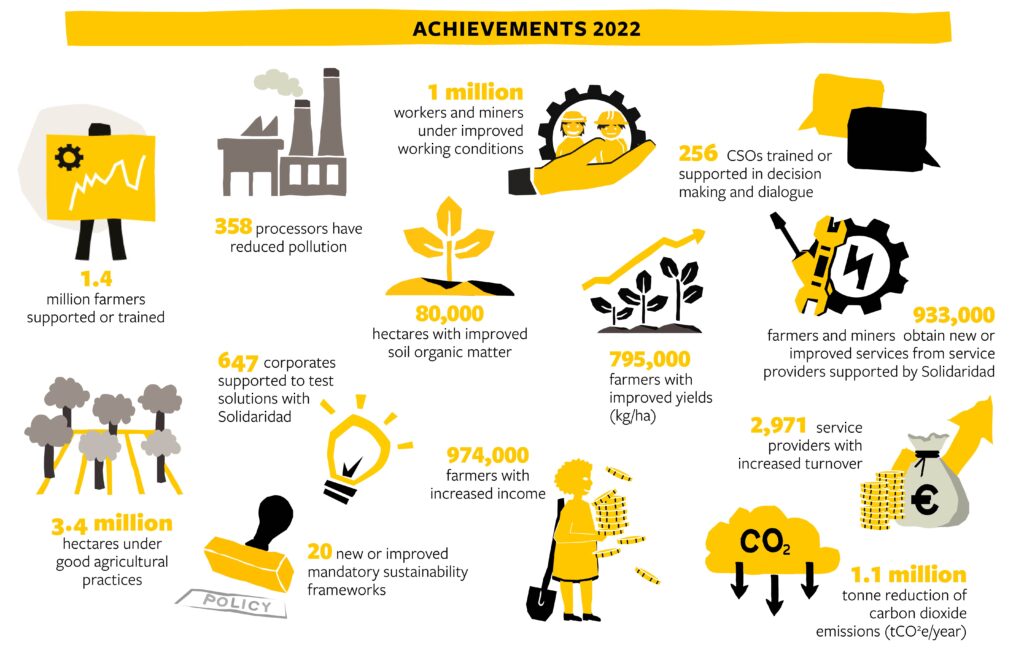
Challenges
Unsafe conditions and inefficient practices
Addressing social and environmental issues around sugarcane production and processing requires everyone along the value chain to act. Only then will sugarcane gain popular support to fulfill its promise as the crop of the future.
Since the beginning, Solidaridad’s role in the Muda Cana programme was essential. It assists with digital solution technologies and learning, giving Orplana a significant competitive advantage within the agribusiness sugarcane supply chain.
Celso Albano de Carvalho, Executive Manager, Orplana, Brazil
Solutions
Fostering inclusive participation
Sector transformation requires inclusive participation. We bring people from all walks of life to the sugarcane value chain, connect them through dialogues, networks, programmes and platforms to create awareness, renewed passion and commitment around sustainable sugar cane.

Elod Kafaukoma, farmer, Kasinthula Cane Growers Association, Malawi
Through Solidaridad’s sugarcane farming capacity building programmes, I’ve seen huge change in my practices. It’s improved my understanding and enabled me to achieve better yield than before.
Achievements
Tangible results
In Mexico, through the MásCaña initiative, we partnered with Barry Callebaut and Bayer to work with 1,188 producers from the Pánuco and El Mante mills. We piloted 100 demonstration plots that integrated the entire sequence of sugarcane operations. These showed an increase of 19.70 tons of sugarcane per hectare compared to producers not covered by the initiative.
Solidaridad Asia’s sugarcane programmes are pivotal to enhancing sustainable practices within the sugarcane sector, particularly focusing on the critical aspects of water efficiency, regenerative agriculture, and pollution reduction. The efforts have resulted in generating water saving potential of more than 500 million litres in 2023.
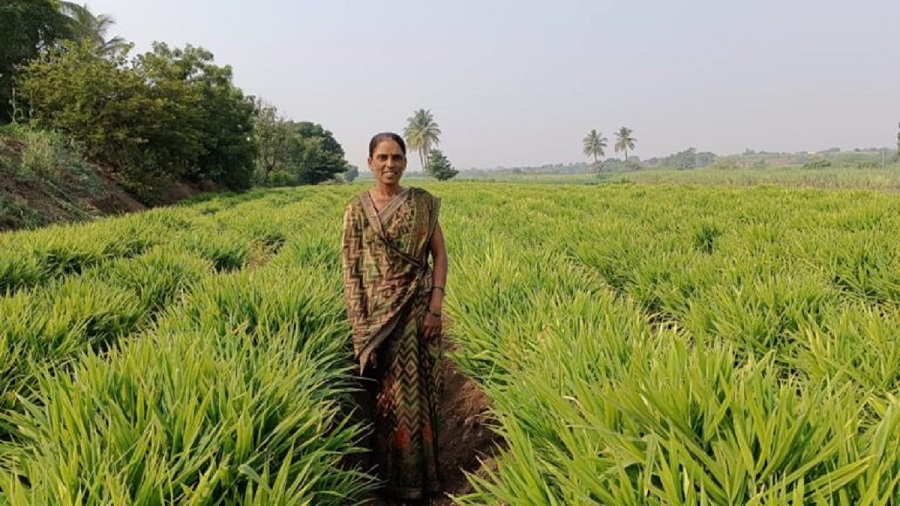
Continuity and success
Muda Cana project in Brazil won the Best value chain sustainability initiative Bonsucro Inspire Award, recognizing six years collaborating with ORPLANA to strengthen service provision to more than 4,000 farmers from 23 associations in Brazil. Also, the ELO Programme entered its 8th year promoting continual improvement, reaching 2,023 suppliers from Raízen mills and covering 440,000 hectares.
The Bonsucro Inspire Awards 2022 recognized the Mexican MAS-CAÑA as a finalist under the category “Best initiative in the value chain” for exceptional contributions in accelerating sustainable sugarcane production.
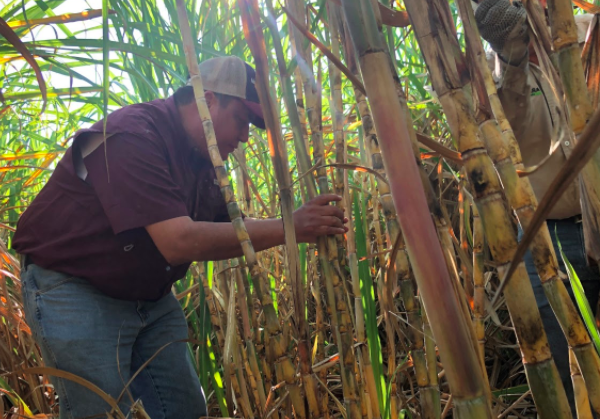
Firm steps
The MAS-CAÑA pilot concluded and Solidaridad signed a new partnership with Grupo Pantaleón, scaling smallholder productivity efforts in Mexico. PanameriCaña implemented four efficient production of sugarcane certificate courses for technicians in multiple mills. Participants were trained in good agricultural practices, gender inclusion and fair labor practices.
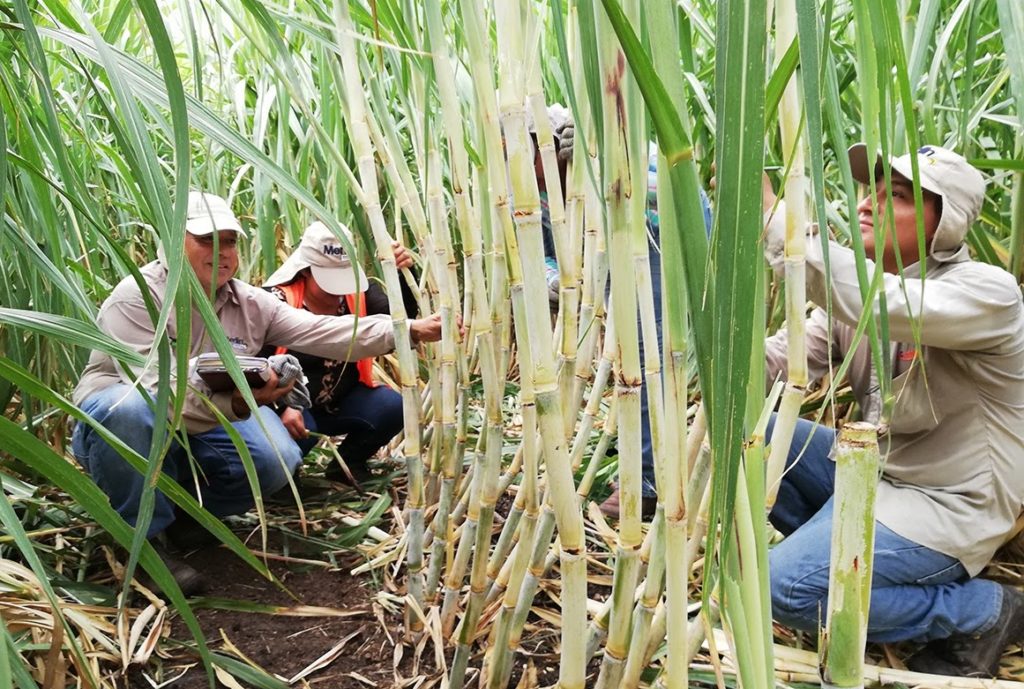
Partnering for change
In Mexico, we partnered with Coca-Cola, Barry Callebaut and CNPR, the Mexican farmers’ association, to pilot a responsible recruitment programme. PanameriCaña developed a programme guide focused on preventing forced and child labour and promoting gender inclusion, health and safety programmes, social security coverage and many other fair labour practices.
In South America, RWE, one of the largest players in renewable energies, and Raízen, one of the largest sugarcane processors in the world, partnered with Solidaridad to identify the risks and opportunities of using sugarcane bagasse and straw for power generation. This initiative has set the bases for a circular value chain that optimizes resources and brings value back to the producers. Meanwhile in Southern Africa, the Sugarcane project trained 534 smallholder farmers from 19 associations on good practices, mainly Bonsucro principles and other complementary on-farm practices. The cumulative number of farmers that had adopted good practices in the Sugarcane project by the end of 2020 was 4,675.

Achieving Excellence
In Asia, we trained 94,808 farmers in 2019, and brought 89,991 hectares of land under sustainable production. Over 6 million tonnes of sugarcane was produced sustainably, with yield increases of 15%. The adoption of water-efficient practices saved 300 billion litres of water, while 48,000 farmers mulched their fields instead of burning them, significantly reducing carbon emissions.
In Brazil, 45% of the farmers enrolled in our Elo sustainability initiative achieved a level of excellence, implementing more than 80% of the recommended practices, entitling them to higher prices. Finally, in Central America we began working with the largest regional holding groups and implemented the first gender and youth inclusive sugarcane productivity pilot. In Mexico alone, we achieved the first Bonsucro certification and began implementing the first smallholder productivity programme, positioning Solidaridad as lead advisor to the main union as it modernizes its role.

Scaling up
Solidaridad’s teams in Brazil and Colombia scaled up and increased outreach through digital solutions under the ELO, Muda Cana and Pro Cana programme covering 363,000 hectares and production of 24 million tons. In South Africa, Zambia and Malawi our capacity building programmes supported almost 5,000 farmers. In India, we trained 27,000 farmers and 60,000 hectares of land were brought under sustainable agriculture covering 13 mills.

Growing impact
The sustainable sugarcane programme in Brazil with Raizen and Orplana has expanded in terms of area (27,300 to 34,414 hectares) and numbers of both participating farmers (2,100 to 2,800) and associated farmer (100 to 126). The Rural Horizons platform is in the process of being upgraded to mobile Digital 3S to enable farmers to use it in the field. In Colombia, the number of producers using Rural Horizons increased from 50 to 200.

A changing narrative
The sustainability narrative for the global sugarcane sector is changing. Water, climate change, labour, productivity, smallholder vulnerability and outgrower integration issues have emerged as major challenges. Solidaridad continued to develop multi-stakeholder dialogues and partnerships to address regional and global priorities. The focus in 2016 was on implementing good agricultural practices, creating robust infrastructure, enabling sustainable landscapes and facilitating better policy environments.

Addressing water scarcity
Water scarcity is one of the main long-term challenges for many sugarcane growing regions around the world. This is why Solidaridad has initiated public-private partnerships in South Africa and India to increase the amount of crops produced per drop and reduce agricultural demand. Solidaridad and our partners will build on tried and tested approaches to increase smallholder sugarcane production and improve water stewardship with the help of satellite derived data.

New opportunities
Solidaridad received almost €3 million from The Dutch National Postcode Lottery fund to combat the Chronic Kidney Disease (CKD) epidemic in Central America.

Aiming for better labour practices
Solidaridad starts working on better labour practices in the Mexican sugarcane industry together with ILO SIMAPRO and launches the ‘How to Change the World with Sugarcane’ campaign.

Helping farmers adapt to change
Solidaridad, the International Finance Corporation, and four companies began the largest global sugarcane project, targeting 229,000 growers who supply to 14 mills across seven states.
Solidaridad successfully contributes to Projeto Renovação in Brazil, having retrained 4,500 former cane cutters to find alternative work after mechanization of cane harvesting.

Achieving goals
With the support of Solidaridad, Equipav mill from Renuka, Brazil is the second mill worldwide to attain Bonsucro certification.
Additionally, 483 sugarcane growers that participated in our Bolivian projects were awarded a certificate for the eradicating of child labour, forced labour, and discrimination.

Producer support expands
Start of producer support programmes in India, Pakistan, Malawi, Belize, and Honduras in partnership with Bonsucro.

From Brazil to the Netherlands
Solidaridad and Argos Energy partnered to set up the first certified supply chain for ethanol, from Brazil to The Netherlands.

Bonsucro
Solidaridad helped to co-found the Better Sugarcane Initiative, later renamed: Bonsucro.








